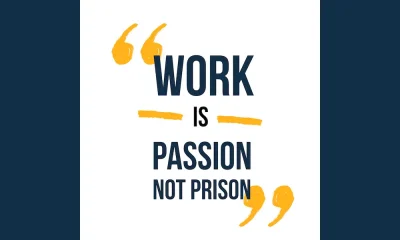Accounting & Finance
What Are Alternative Investments?

Of all of the ways to turn your money into more money, they all require you to make some kind of investment. However, if you don’t have the time to run your own business, there are other ways to invest your money, generate more income, and see significant gains.
Usually, when people think of investing, they think about putting their money in the stock market or buying bonds. While they’re the most popular ways to invest, those aren’t the only ones.
An alternative investment may be better depending on your financial situation and long-term goals. Continue reading to learn more about alternative investments and what they are.
So, what are alternative investments?
If you’re not an investment expert, you probably wonder, “What are alternative investments?”
Alternative investments don’t fit into conventional ones, like stocks, bonds, or cash. Alternative investments are often tangible assets like precious metals and gems, limited-edition or antique collector’s items, and land. Venture capital and hedge funds also fit into that asset class.
Most alternative assets can be considered tangible assets because many of them are physical in nature.
While alternative investments are regulated and fall under the Securities and Exchange Commission (SEC) authority, the SEC doesn’t monitor the movement of alternative assets the way they make traditional investments. So, when it comes to alternative investments, potential investors must do their due diligence.
Alternative assets also tend to require a more considerable minimum investment than stocks. Mutual funds and hedge funds are prime examples.
Regarding hedge funds, the minimum investment is usually around $1,000,000, and even “lite” hedge funds require at least a $100,000 buy-in from individual investors.
One of the great things about tangible investments is that you can have them examined by appraisers who specialize in different tangible assets. So whether you’re considering buying gold, land, or an antique car, it’s in your best interest to appraise the real asset before purchasing.
Alternative investments often trend in the opposite direction of traditional ones.
The stock market is fickle, and learning how and when to buy or sell stocks can be tricky. You don’t have to watch the market as much with alternative investments as with public needs.
One thing that separates alternative and conventional investments is that they’re much longer-term. People who trade stocks may make trades weekly or even daily, but alternative assets aren’t as easy to move, and therefore, they don’t move as frequently or quickly as stocks.
There is a low correlation between traditional investments and alternative assets, meaning that alternative investments may increase in value when traditional investments are plummeting. In fact, many investment gurus encourage potential investors to diversify their investment portfolios with alternative assets in times of stock market uncertainty.
Who should invest in alternative assets?
There is no one investment strategy that’s right for everyone, so who exactly are alternative investments ideal for? If tangible assets can fall victim to human error and lose value or depreciate over time, they’re more suited to older, more experienced investors.
Most potential investors don’t have millions or hundreds of thousands of dollars to invest in art, gold, real estate, hedge funds, or antique cars. Because they’re so expensive, alternative investments are also more ideal for experienced institutional high-net-worth individuals, and even then, the investing is better left to institutional investors with knowledge of the best stock tracker.
If you’re not an experienced investor, you should probably start investing in the public markets rather than in intangible assets. However, as you grow your investment portfolio, it would be wise to add a intangible asset or collection to your repertoire to diversify your assets.






